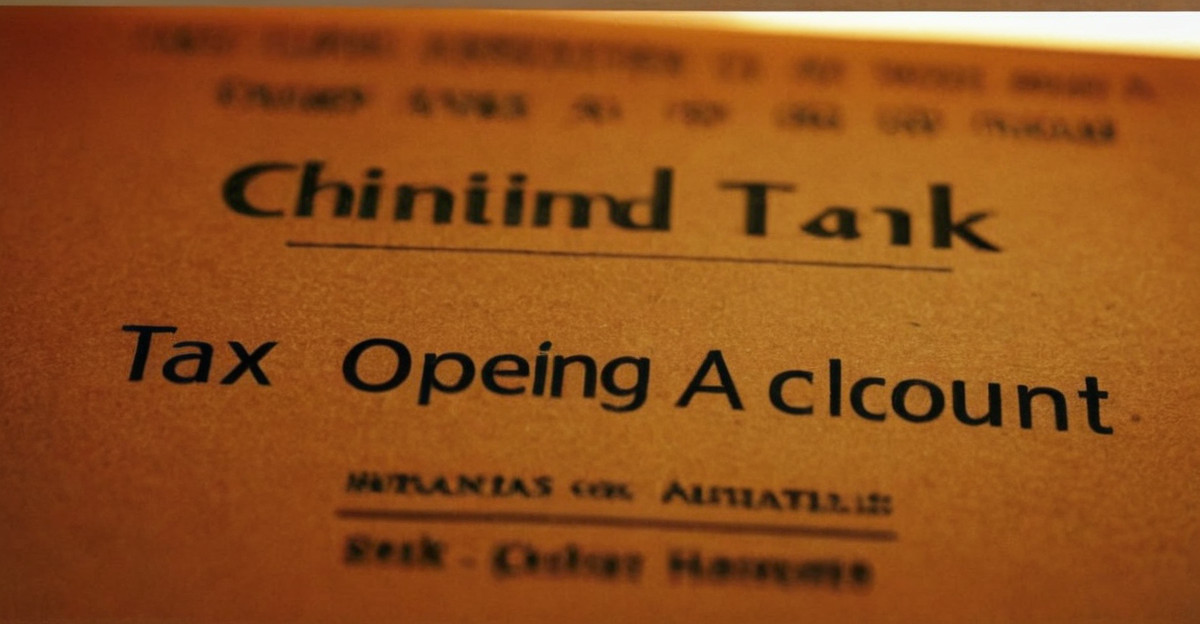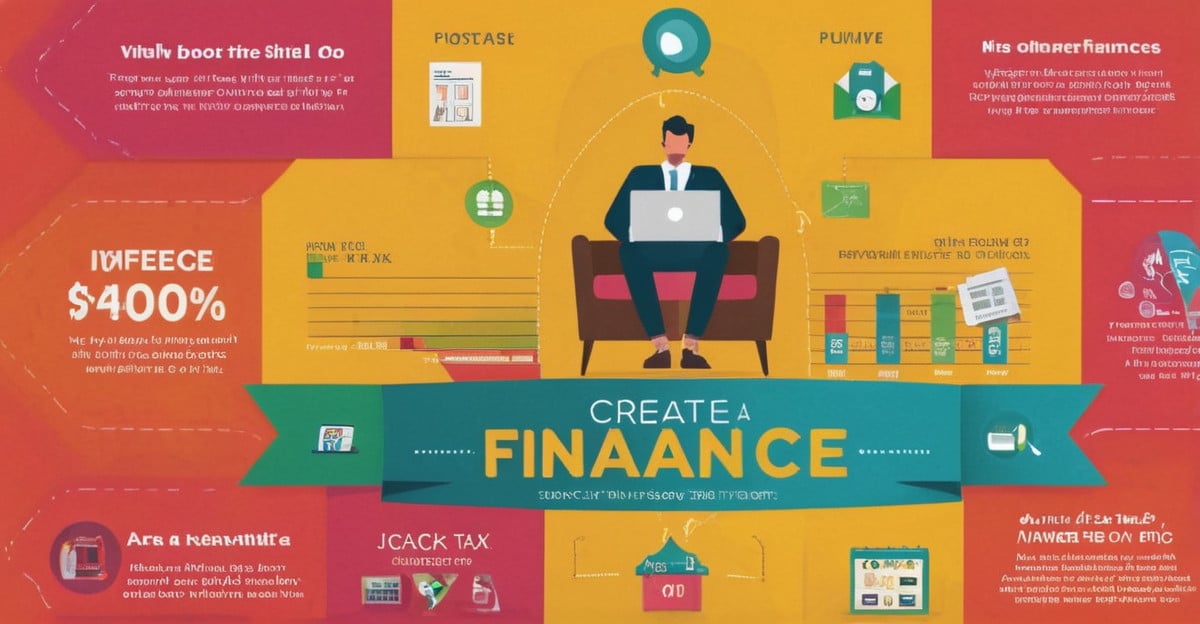Introduction to Freelance Finances 101
Welcome to Freelance Finances 101, the definitive resource for opening a bank account in 2024 for your business. Handling your money while you’re a freelancer might be difficult. This post will explain the value of opening a separate bank account for your business, how to do so, and how it can make your financial life easier. This tutorial is for you whether you’re just getting started or want to optimize your current processes.

Why Freelancers Need a Business Bank Account
Comprehending the significance of a business bank account is among the initial elements covered in Freelance Finances 101. It is easier to manage your revenue and expenses if you have a distinct account for your business. It guarantees professionalism, makes tax reporting easier, and even aids in the establishment of a corporate credit history. It safeguards your personal assets from company liabilities by keeping your personal and corporate funds apart, which is more significant.
Choosing the Right Bank for Your Freelance Business
Selecting the appropriate bank is the next step in \strong>Freelance Finances 101. Not every bank charges the same fees or provides the same services. Choose a bank that provides internet banking, great customer service, and minimal costs. Examine the bank’s track record of collaborating with freelancers and small enterprises. Find the bank that best suits your demands and delivers the most value by doing your homework and comparing many of them.
Documents Needed to Open a Business Bank Account
You must obtain a few necessary documents before creating a business bank account. Documents proving identity, proof of address, and business registration are usually required by banks. You may require a DBA (Doing Business As) certificate if you are a solo proprietor. You will need your Articles of Incorporation or Organization if you are an LLC or corporation. A ready copy of these documents will expedite and streamline the process.

Step-by-Step Guide to Setting Up Your Business Bank Account
These procedures will make setting up your company bank account simple. First, use your research to select the best bank. Next, collect all required paperwork. Fill out the application form in person at the bank or online. Make a deposit to activate your account as soon as it’s approved. Lastly, connect your accounting software or payment processors to your business account. This guarantees smooth financial administration.
Managing Your Business Bank Account Effectively
It’s critical to manage your business bank account effectively. Check your account frequently for inconsistencies. Track your revenue and classify your expenses with accounting software. To guarantee accuracy, reconcile your bank statements once a month. To prevent late fees, set up automated payments for regular bills. You can make more educated judgments and have a better understanding of the financial health of your company if you keep an eye on your money.

Tax Implications of a Business Bank Account
Having a business bank account might make filing taxes much easier. It will be simpler to track costs and revenue as all of your business transactions will be in one location. Additionally, by keeping personal and company costs apart, tax forms won’t get more complicated. To maximize your deductions and assist you negotiate the intricacies of business taxes, keep thorough records and think about consulting a tax expert.
Common Pitfalls to Avoid
When handling their business bank account, freelancers should steer clear of a few typical traps. First of all, don’t charge personal spending to your business account. Confusion and more complicated tax reporting may result from this. Second, keep a close eye on your account to prevent fraud and overdraft fines. Finally, pay attention to bank fees. Always be mindful of the fees attached to your account; strive to keep them to a minimum by selecting the appropriate bank and account type.
Benefits of Online Banking for Freelancers
For independent contractors, internet banking has several advantages in the digital age. It offers convenience by enabling you to handle your money from any location. Additional services available through online banking include real-time transaction alerts, mobile check deposit, and automated bill payment. You can stay on top of your finances and save time with these features. In addition, a lot of internet banks have greater interest rates and fewer costs than traditional banks.

Conclusion: Taking Control of Your Freelance Finances
In conclusion, creating a business bank account is an essential first step in successfully handling the financial aspects of freelancing. It offers many financial advantages in addition to keeping you organized. You may simplify your financial procedures by selecting the best bank, assembling the required paperwork, and properly managing your account. Recall that managing your money well will enable you to make wise choices and guarantee the sustained prosperity of your freelancing endeavor. Welcome to the 101st edition of Freelance Finances.—you’re ready to take charge of your financial destiny now.






